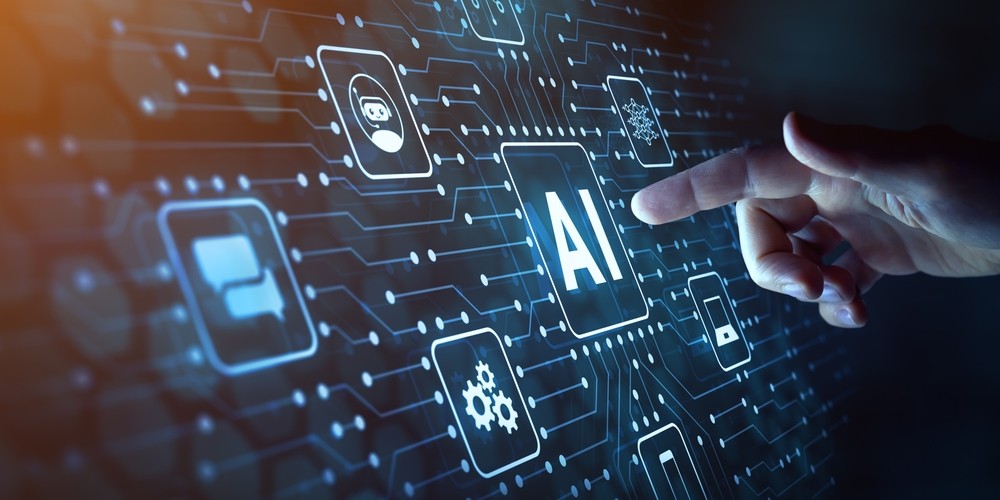OutSystems has released its global 2025 State of Application Development report, revealing the obstacles IT professionals face—as well as the innovative approaches they’re taking—when developing modern applications. Notably, the report, which reflects the perspectives of nearly 1,700 global IT professionals, found that the majority (81%) are using GenAI to assist with traditional coding, but also found that GenAI introduces security and governance concerns for 62% of respondents.
Across industries, IT teams are seeing high demand for applications. Nearly three-quarters (74%) of respondents say their organizations plan to build 10 or more apps over the next 12 months, while 45% anticipate building more than 25 apps over the same timeframe. Considering that 74% of organizations are planning to build external, customer-facing applications in the next year, the stakes are high.
“As enterprises are increasingly opting to build software rather than buy it, today’s developers are under immense pressure to deliver mission-critical, customer-facing apps at unprecedented speed,” said Paulo Rosado, CEO & Founder of OutSystems. “While GenAI is a powerful tool to increase productivity and develop code faster, AI-written code can lead to considerable security and governance issues if left unchecked, so IT leaders must consider ways to incorporate guardrails without stalling the speed of innovation.”
With considerable workloads, a persistent talent shortage, and high costs associated with traditional application development, it’s no surprise that developer teams are leaning on GenAI for support. However, half of IT professionals (50%) report significant complexities with integrating AI technologies with existing software development workflows, and only 40% of respondents “mostly” trust GenAI to write code without human assistance.
Relying solely on traditional coding is often too time, labor, and resource intensive for IT teams to keep up with an aggressive application development strategy, but GenAI may not be capable of fully taking the reins just yet. A study found that popular GenAI tools generate accurate code no more than approximately 65% of the time—with accuracy rates for some tools falling as low as 31%.
“In the Generative Software Cycle, we believe that GenAI and low-code in combination will redefine application development, increase productivity while ensuring governance throughout the entire software development lifecycle,” Rosado continued. “Developer teams shouldn’t have to choose between high-quality, fully functional apps and speed-to-market, and by abandoning antiquated development practices in favor of AI-powered low-code technology, they can reap the performance and agility benefits of these transformative technologies.”
Low-code development continues to be seen as predictable, productive, and cost-effective. Respondents with more mature low-code applications noted increased developer productivity (36%), faster time to market (34%), and ease of updating apps (32%) as key benefits to implementing low-code. Even further, 62% of organizations using low-code reported the ability to consistently predict budget compared to 52% of organizations using traditional code.







